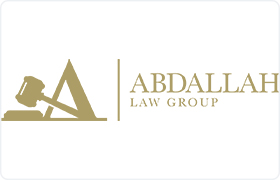Tollhouse Eminent Domain Lawyer, California
Sponsored Law Firm
-
 x
x

Click For More Info:
-
Abdallah Law Group, P.C.
555 Capitol Mall Suite 766 Sacramento, CA 95814» view mapReal Estate Law #1 Sacramento Law Office
Abdallah Law Group is ready to fight for our clients. We provide comprehensive, individualized and affordable legal representation.
800-698-5801
Not enough matches for Tollhouse Eminent Domain lawyer.
Below are all Tollhouse Real Estate lawyers.
David Carl Beyersdorf
Commercial Real Estate, Landlord-Tenant, Criminal, Personal Injury
Status: Suspended Licensed: 23 Years
Douglas Vern Thornton
Real Estate, Lawsuit & Dispute, Business, Malpractice
Status: In Good Standing Licensed: 33 Years
 Mitchell Abdallah Sacramento, CA
Mitchell Abdallah Sacramento, CA
